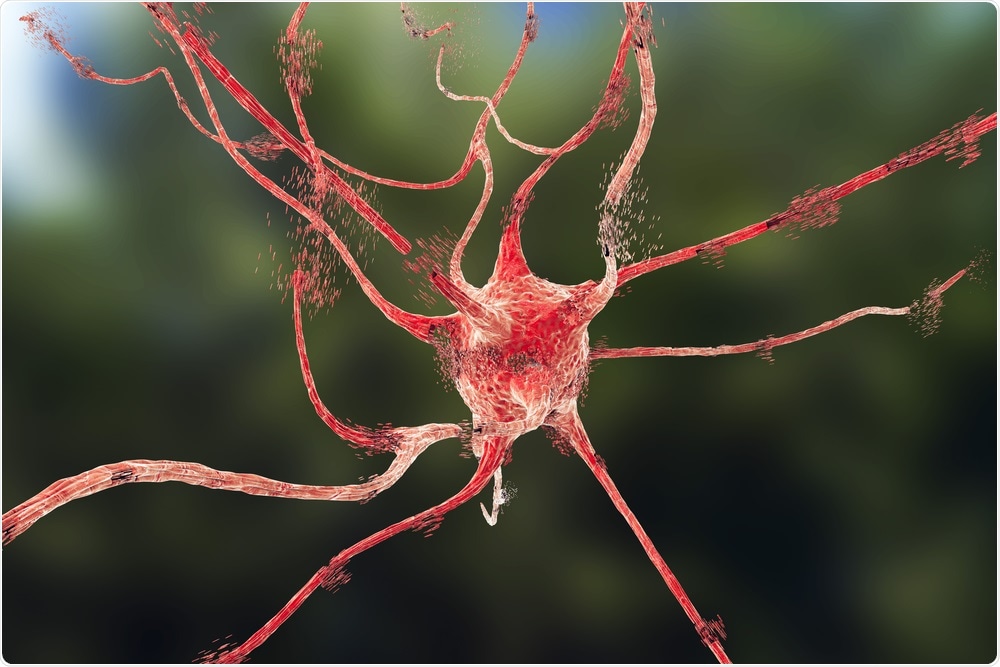
Patients with bipolar disorder are seven times more likely to develop Parkinson's
A study published this week has found that patients with bipolar disorder are seven times more likely to develop Parkinson’s disease. It is hoped that the finding may help researchers gain a better understanding of the underlying causes of the two conditions.
 Kateryna Kon | Shutterstock
Kateryna Kon | ShutterstockParkinson’s disease is a complex disease characterized by involuntary tremors and muscular difficulties. However, it has recently become apparent that the disease does not only impair motor control, but also affects a whole range of non-motor systems. More specifically, Parkinson's has been found to be associated with depressive disorders.
Although it is known that patients with Parkinson’s disease show a decline in dopamine levels and have a build-up of protein Lewy bodies in the brain, the precise cause remains elusive and there is no cure.
A seven-fold increase in risk
Having noticed that several of their patients with bipolar disorder developed Parkinson’s disease, doctors at Taipei Veterans General Hospital designed a study to investigate whether there was a link.
The doctors identified from Taiwan National Health Insurance Research Database entries for 2001–2009 over 56,000 patients with a diagnosis of bipolar disorder and 225,000 individuals who had not been diagnosed with the disorder. None of the patients had been diagnosed with Parkinson’s disease.
All the patients were contacted in 2011 to ascertain how many had subsequently been diagnosed with Parkinson’s disease. The results showed that about 1 in 140 (0.7%) of the patients with bipolar disorder had developed Parkinson’s disease whereas the prevalence of Parkinson’s disease among those patients who did not have bipolar disorder was only 1 in 1,000 (0.1%).
Among patients who developed Parkinson's disease, the condition occurred at a younger age in those with bipolar disorder than in the control group members (mean age of onset 64 years vs 73 years). The risk of developing Parkinson's disease increased with increasing frequency of hospitalization for bipolar disorder.
Patients hospitalized for bipolar disorder more than twice a year were six times more likely to develop Parkinson's disease than those who were hospitalized less than once a year.
‘Further studies are needed’
The research clearly suggests that there is a link between the two disorders, but further research is needed to identify the exact nature of this.
Although it is known that dopamine transmission is impaired in both Parkinson's disease and bipolar disorder, it is not clear how the development of the two diseases might be connected. Discovering this may lead to new treatment strategies for both conditions.
Journal Reference:
Gregory M, et al. An association between bipolar disorder and Parkinson disease. Neurology May 2019; DOI:10.1212/WNL.0000000000007641.






















.png)












No hay comentarios:
Publicar un comentario